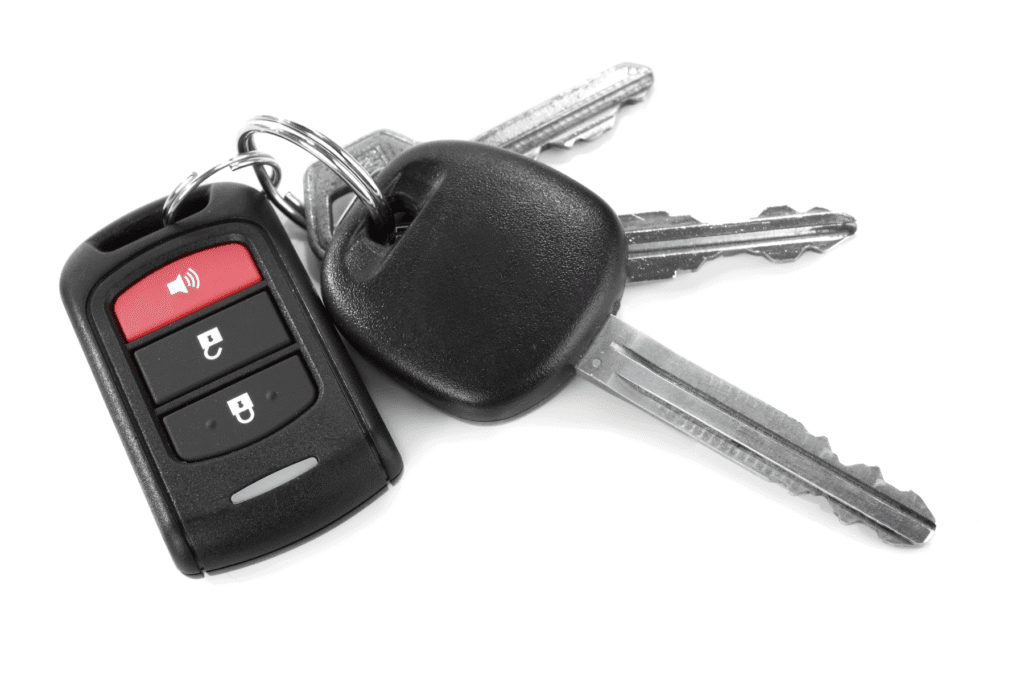What you Should Know
In Arizona, driving under the influence (DUI) carries serious legal consequences—even if you felt “fine” behind the wheel. The question of whether you’re sober enough to drive can be harder to answer than you might think. Impairment can begin well before you feel obviously intoxicated, and Arizona law doesn’t require you to be legally drunk to be arrested for DUI.
If you’re unsure whether you’re safe to drive after drinking or taking medications, it’s best to err on the side of caution. Here’s how to assess your sobriety and avoid a life-changing arrest.
Know the Legal Limit—But Don’t Rely on It
Arizona’s legal blood alcohol concentration (BAC) limit for drivers over 21 is 0.08%. But that’s only part of the equation. Under ARS §28-1381(A)(1), you can be charged with DUI even if your BAC is below 0.08%, as long as you’re “impaired to the slightest degree.”
In short: You don’t have to be drunk to get a DUI in Arizona.
Warning Signs You’re Not Sober Enough to Drive
Even one drink can affect your judgment, coordination, and reaction time. Here are some red flags that you may be impaired:
- Delayed reaction time – Trouble responding quickly to visual or auditory stimuli.
- Blurry or double vision – Difficulty focusing your eyes while walking or looking around.
- Reduced motor skills – Struggling with keys, buttons, or walking steadily.
- Lowered inhibitions – Feeling overly confident about your ability to drive.
- Fatigue or drowsiness – Even slight tiredness can magnify impairment.
If you notice any of these signs—even mildly—it’s not worth the risk of driving.
Field Sobriety and Self-Testing
You might wonder if you can “test yourself” before driving. While police officers use field sobriety tests like walking a straight line or following a pen with your eyes, these tests aren’t easy to replicate on your own—and even sober people can fail them.
Some drivers use personal BAC breathalyzer devices, but even those can be unreliable if not calibrated properly. And again, being under 0.08% BAC doesn’t automatically mean you’re in the clear.
DUI Doesn’t Just Mean Alcohol
Arizona DUI laws also apply to prescription drugs, marijuana, and other controlled substances. If you feel high, drowsy, dizzy, or otherwise “off,” you may be impaired in the eyes of the law.
Don’t drive under the influence of:
- Painkillers or sedatives
- Marijuana (even with a medical card)
- Sleep aids
- Anti-anxiety medications
Always read prescription labels and warnings about operating heavy machinery.
What to Do Instead of Driving
If you’re uncertain about your sobriety:
- Call a rideshare or taxi
- Ask a sober friend for a ride
- Wait it out and hydrate
- Book a nearby hotel
The inconvenience of arranging alternative transportation is nothing compared to the cost of a DUI arrest—which can include jail time, license suspension, fines, and a criminal record.
Arrested for DUI in Arizona? We Can Help
If you’ve been charged with DUI in Scottsdale, Lake Havasu, or anywhere in Arizona, Rideout Law Group is ready to defend your rights. Our experienced DUI attorneys have handled cases involving alcohol, marijuana, prescription drugs, and even wrongful arrests due to faulty breathalyzers or field sobriety tests.
📞 Call us at (833) 854-8181 for a free consultation or contact us online.

